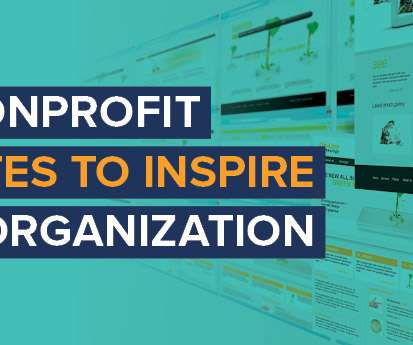Want To Be a Leader? Get to Know Yourself
.orgSource
OCTOBER 24, 2023
And, without self-awareness, it’s impossible to be a role model for others. i nternal self-awareness , represents how clearly we see our own values, passions, aspirations, fit with our environment, reactions (including thoughts, feelings, behaviors, strengths, and weaknesses), and impact on others. It sounds simple. The first.





























Let's personalize your content